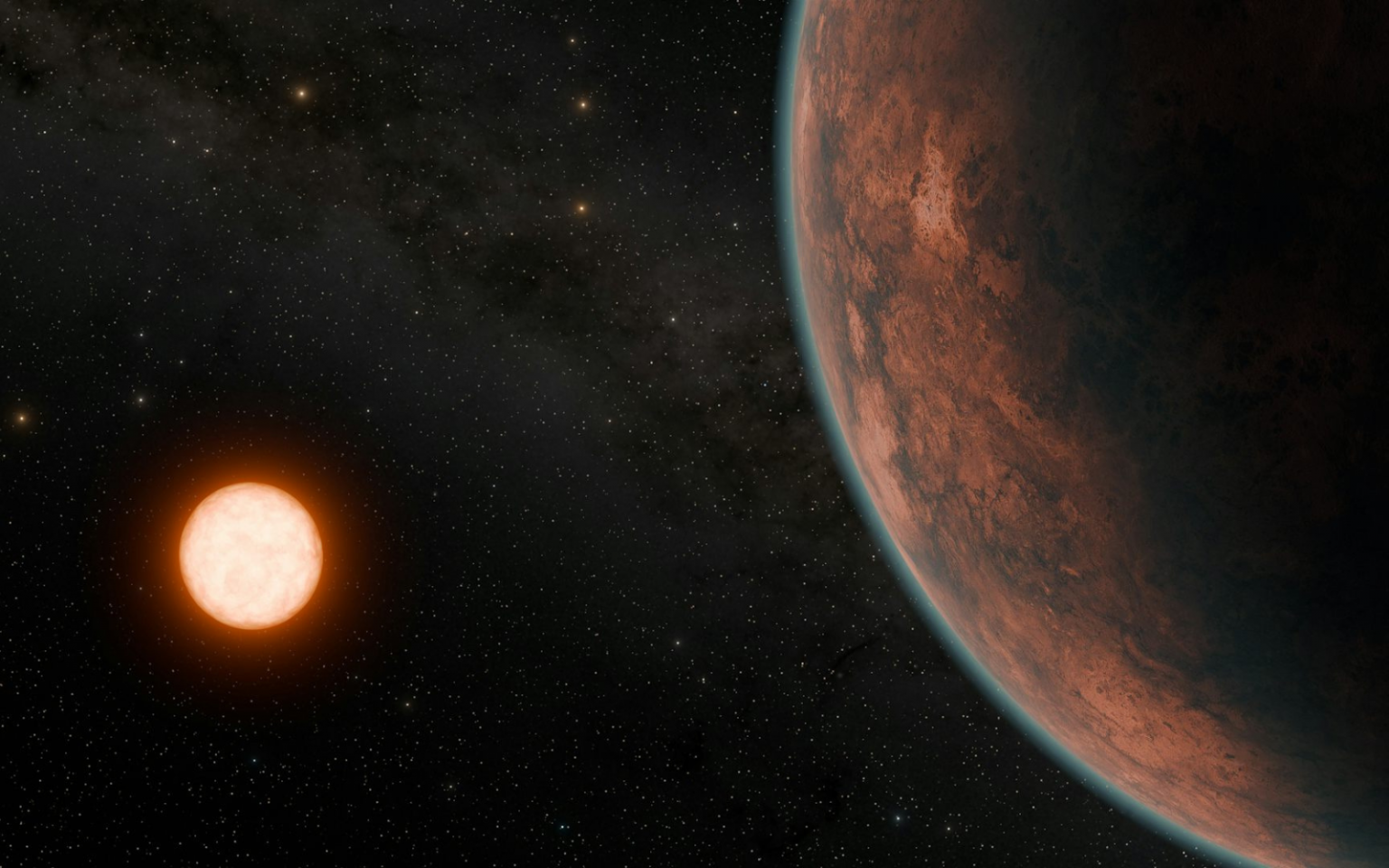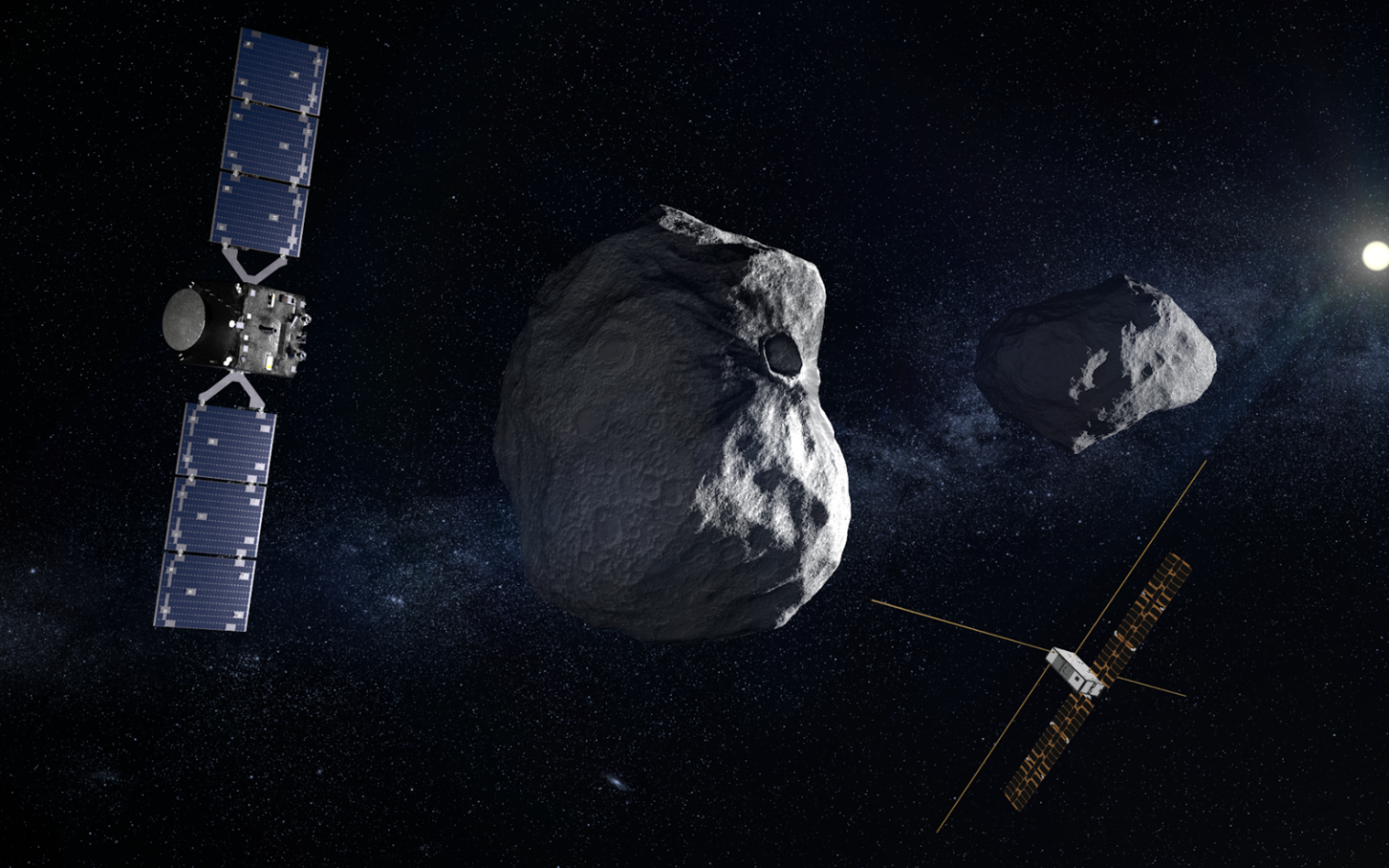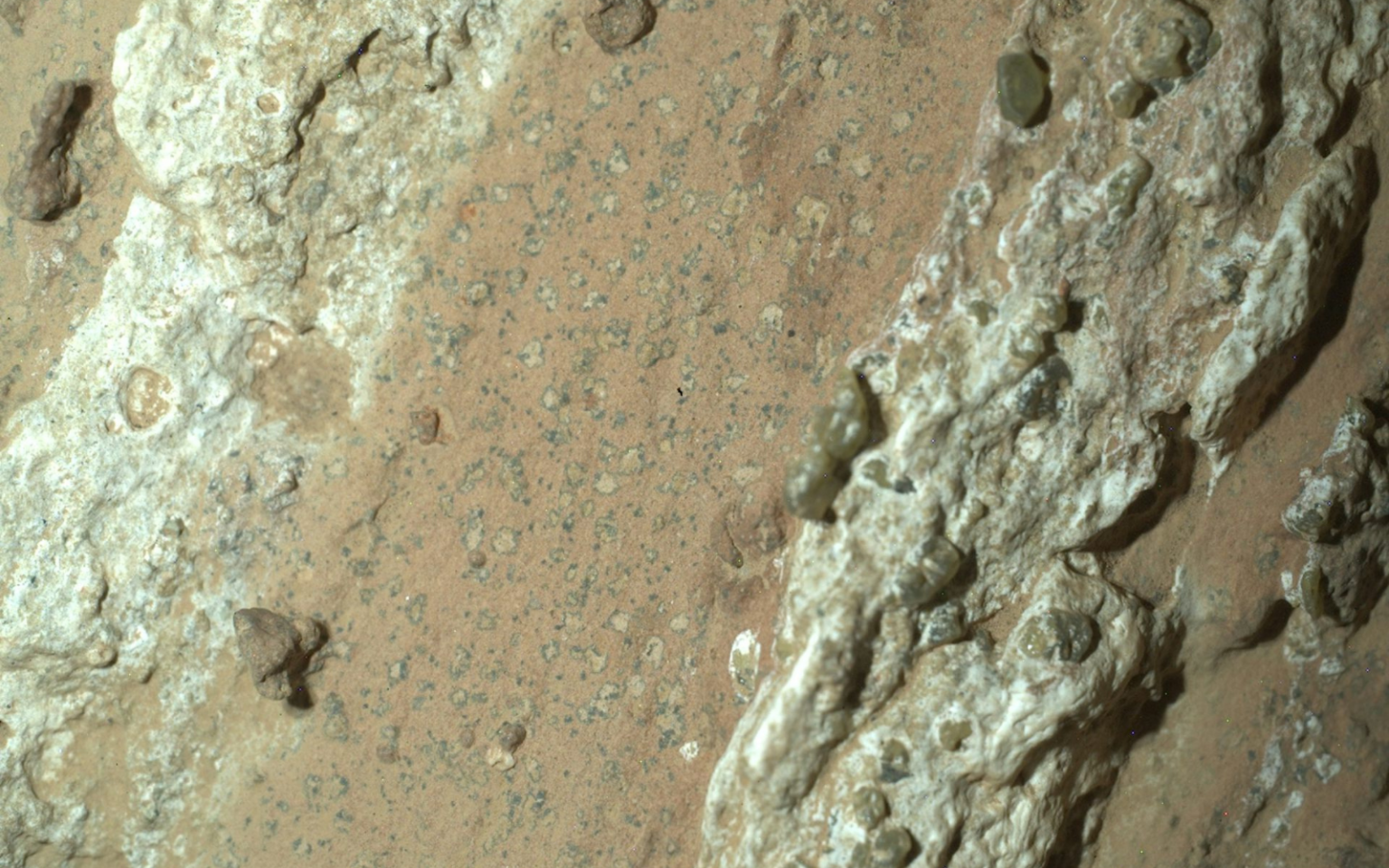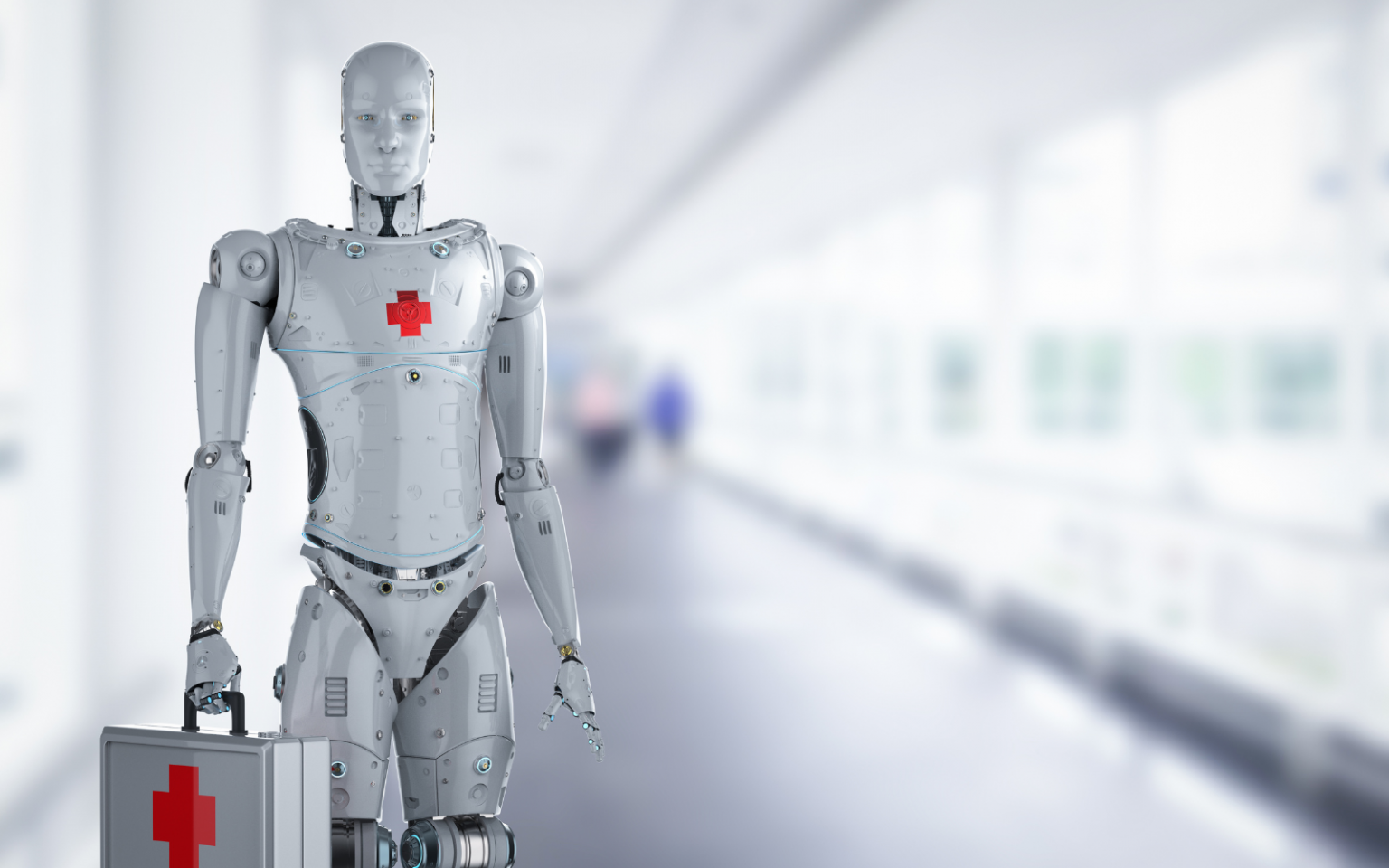In an exciting breakthrough for astronomy and the search for extraterrestrial life, a team of international scientists has announced the discovery of Gliese 12 b, a temperate, Earth-sized exoplanet just 40 light-years away — a relatively neighbourly 378 trillion kilometres from earth. Researchers from across the world, including key support from researchers at McGill University and Western University worked collaboratively on the hunt for Gliese 12 b within InfraRed Doppler Subaru Strategic Program (IRD-SSP) which searches for habitable zone planets around red dwarfs. The international team detected the planet’s presence using a combination of advanced telescopes and observational techniques and its discovery presents exciting opportunities to gain a deeper understanding of…
Author: The Conversation
CAPTCHAs are those now ubiquitous challenges you encounter to prove that you’re a human and not a bot when you go to log in to many websites. Websites and mobile apps have long been attacked by bots on a massive scale. Those malicious bots are programmed to automatically consume a large amount of computing resources, post spam messages, collect data from websites and even register and perform user authentication. This state of affairs led to the introduction of CAPTCHA, which stands for Completely Automated Public Turing test to tell Computers and Humans Apart. As a computer scientist, I see CAPTCHAs as an effective shield for websites to…
The stars aren’t fixed and unchanging, unlike what many ancient people thought. Once in a while, a star appears where there wasn’t one before, and then it fades away in a matter of days or weeks. The earliest record of such a “guest star,” named so by ancient Chinese astronomers, is a star that suddenly appeared in skies around the world on July 4, 1054. It quickly brightened, becoming visible even during the day for the next 23 days. Astronomers in Japan, China and the Middle East observed this event, as did the Anasazi in what is now New Mexico. In the second…
A quick search on the internet will yield numerous videos showcasing the mishaps of driverless cars, often bringing a smile or laugh. But why do we find these behaviours amusing? It might be because they starkly contrast with how a human driver would handle similar situations. Everyday situations that seem trivial to us can still pose significant challenges to driverless cars. This is because they are designed using engineering methods that differ fundamentally from how the human mind works. However, recent advancements in AI have opened up new possibilities. New AI systems with language capabilities – such as the technology behind chatbots…
NASA’s DART mission – Double Asteroid Redirection Test – was humanity’s first real-world planetary defence mission. In September 2022, the DART spacecraft smashed into the companion “moon” of a small asteroid 11 million kilometres from Earth. One goal was to find out if we can give such things a shove if one were headed our way. By gathering lots of data on approach and after the impact, we would also get a better idea of what we’d be in for if such an asteroid were to hit Earth. Five new studies published in Nature Communications today have used the images sent back from DART and its…
NASA has announced the first detection of possible biosignatures in a rock on the surface of Mars. The rock contains the first Martian organic matter to be detected by the Perseverance rover, as well as curious discoloured spots that could indicate the past activity of microorganisms. Ken Farley, project scientist on the mission, has called this “the most puzzling, complex, and potentially important rock yet investigated by Perseverance”. Perseverance is part of Mars 2020, the first mission since Viking that is explicitly designed to seek life on Mars (officially, to “search for potential evidence of past life using observations regarding habitability…
Hollywood screenwriters went on strike in May 2023. Two months later, actors joined them on the picket line. Those strikes ended later that year with historic deals that included, for the first time, protections regarding the use of artificial intelligence. Now it’s video game actors’ turn. After nearly two years of negotiations with gaming companies, video game performers, who are represented by the Screen Actors Guild-American Federation of Television and Radio Artists union, announced that they would go on strike due to an impasse over protections from generative AI. The strike began at 12:01 a.m. on July 26, 2024. The Conversation U.S. asked James Dawes,…
Imagine you’re 90 years old, a grandmother of three and your husband is also elderly and ailing. You need help with almost everything, getting out of a chair, going to the bathroom, getting dressed, eating and remembering your medications. Despite advances in life expectancy, ageing has not been kind, and you feel like a burden to your husband and the healthcare professionals who care for you. Now, imagine being offered a robot that could help with many of these things – from walking to the bathroom to keeping track of your doctor’s appointments. This robot’s advanced artificial intelligence (AI) learns…
A new system for forecasting weather and predicting future climate uses artificial intelligence (AI) to achieve results comparable with the best existing models while using much less computer power, according to its creators. In a paper published in Nature today, a team of researchers from Google, MIT, Harvard and the European Centre for Medium-Range Weather Forecasts say their model offers enormous “computational savings” and can “enhance the large-scale physical simulations that are essential for understanding and predicting the Earth system”. The NeuralGCM model is the latest in a steady stream of research models that use advances in machine learning to make weather…
Social media is a problem for economists. They don’t know how to value it. It has long been argued that it ought to be in the national accounts as part of gross domestic product. One 2019 study estimated Facebook alone is worth US$40 to US$50 per month for consumers in the United States. But that’s not what we pay. Social media isn’t charged for, and the national accounts measure only the things we pay for, no matter how significant they are in our lives and how many hours per day we spend using them. As the Australian Senate prepares to hold an inquiry into the impact…










